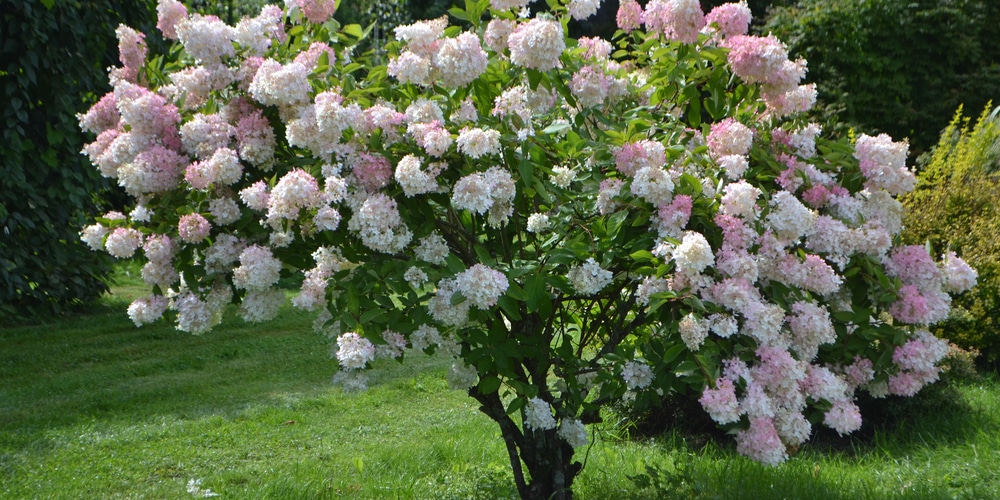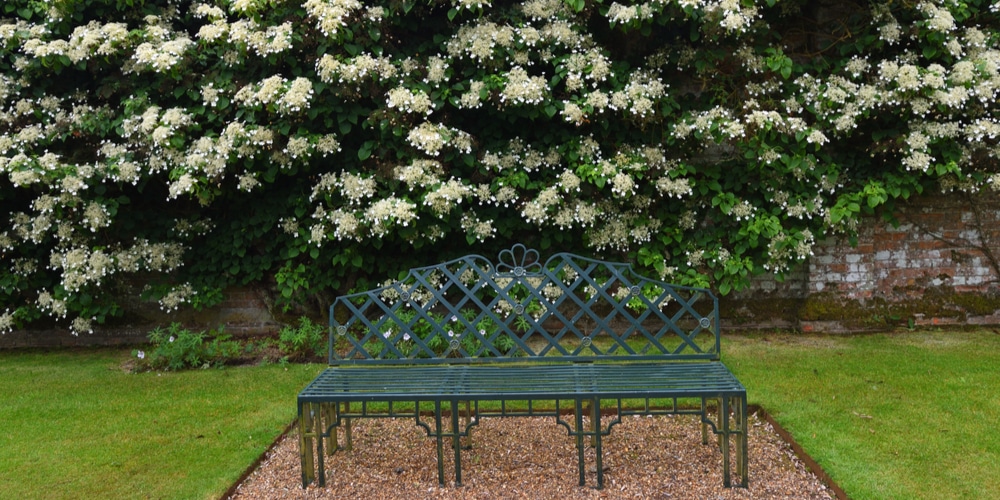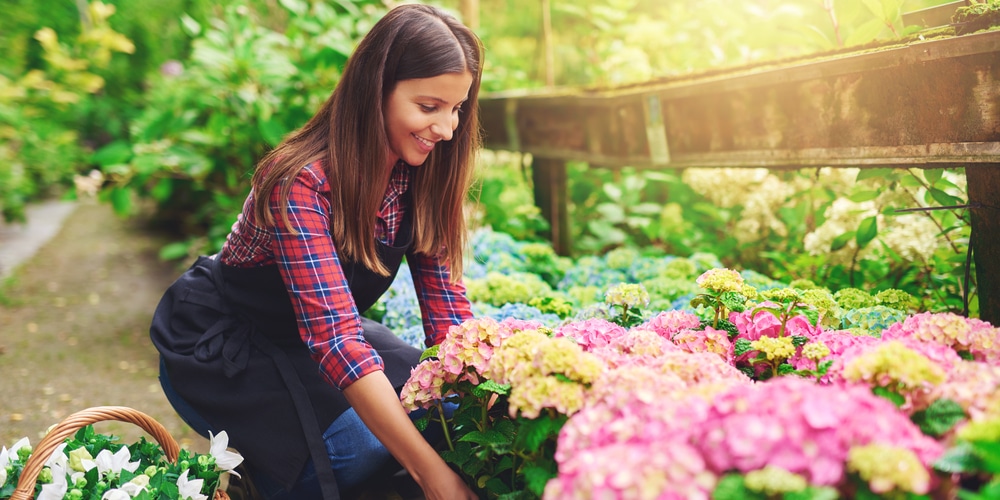Hydrangeas are stunning flowering plants that can make any outdoor space more elegant. Under the ideal conditions, these plants produce dense masses of delicate-looking flowers.
Their blooming season is between spring and summer. And the best part is that, despite their appearance, these plants aren’t high-maintenance. Instead, under the optimal growing conditions, these plants won’t require much attention from your side.
And if humans find hydrangeas attractive, is that the same for pollinators? In essence, do bees like hydrangeas? Why (or why not)? You can find answers to such questions (and more) in this essential guide.
Do Hydrangeas Attract Bees?
Giving a straight answer to this question might be more complicated than you think. Indeed, some hydrangeas varieties attract bees better than others, which do not do such a good job.
Popular species among bees include hydrangea paniculata, anomala, or lace caps. So, don’t expect your mophead hydrangea to be effective at attracting bees. And that makes sense since its flowers are sterile.
Also, avoid planting French hydrangeas, which offer no rewards to bees (and other pollinators).
But what if you want to have more bees in your garden? Which varieties should you plant? And what should you know about them? Here, you can find a list of our favorite options!
Climbing Hydrangea
Climbing hydrangea produces lacy-like white flowers that provide nectar and pollen to bees and other pollinators (you can learn more on this in the following section). Such a plant thrives in USDA hardiness zones 4-8 and might grow up to 30 to 40 inches high. Don’t forget to prune it to keep it in shape!
Lacecap
Laceup is another excellent option to attract bees to your garden. This plant will produce blue and pink blooms (respectively in acidic and alkaline substrates) depending on how you amend the soil. In general, bees prefer blue varieties. Consider adding aluminum sulfate to increase the soil pH and make the flower darker.
Hydrangea Paniculata
Not everyone seems to agree about hydrangea paniculata’s role in attracting bees. However, you can always have a go! After all, the plant is stunning, and you probably have nothing to lose! Choose a variety that works well in your USDA hardiness zone to avoid experiencing issues with it.
Wild Hydrangea
Finally, our last option is the wild (or smooth) hydrangea. This plant produces white flowers rich in pollen and delicious nectar that attract bees. Consider planting your hydrangea in masses to increase your chances of success!
What Other Pollinators Do Hydrangeas Attract?
Hydrangeas don’t produce much pollen and are not as attractive to bees as other plants. But, with its showy flowers, what other pollinators might them attract? The truth is that (once again) it depends.
Indeed, depending on the species, you might expect different pollinators. Also, keep in mind that some are sterile, meaning they don’t need insects to help them with reproduction.
Overall, most hydrangeas attract butterflies and bumblebees. Also, they seem to be popular among soldier beetles, which feed on aphids and caterpillars and might help you keep your plants in better conditions.
Is Hydrangea Susceptible to Pests?
Hydrangea is usually a hardy plant with few pests problems. However, Japanese beetles, spider mites, aphids, and scale might still attack your flowering plant. Also, small flies love hanging around hydrangeas and munching on their leaves. Despite being tiny insects, over time, they can cause considerable damage.
What can you do to prevent pests from attacking your hydrangeas? To begin with, you should consider adding suitable companion plants. Aromatic herbs such as mint and lavender produce strong scents that will contribute to keeping most pests at bay.
And they will also attract bees to your garden (which is never a bad idea). Alternatively, you can also introduce natural predators to your plants’ pests. For instance, ladybugs enjoy eating aphids and might free you (and your hydrangeas) from their annoying presence.
Avoid using pesticides unless strictly necessary, as they might harm your hydrangeas (and other plants you may have in your garden).
Keep your plants healthy: it is the best weapon to prevent your plant from suffering from attacks from pests and diseases. Learn about their needs and requirements, and keep an eye on them. If you notice something out of the ordinary, take prompt action to avoid escalating the issue.
Related Article: Growing Hydrangeas in Zone 10



